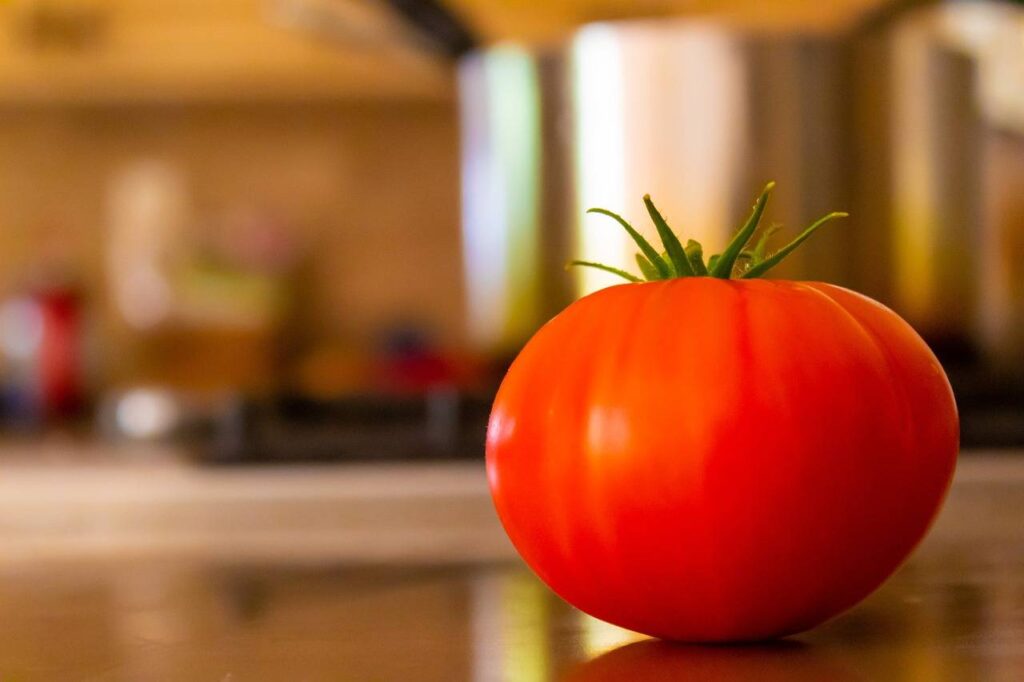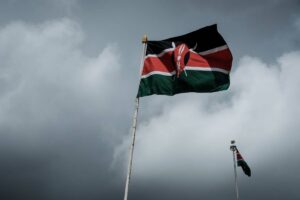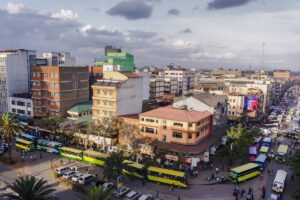Kenya is one of the most ecologically rich countries in the world. The country boasts a wide range of ecosystems including coastal, dryland, mountainous and savannah grassland, with extensive genetic diversity.
These diverse ecosystems are conducive for crops like millet, sorghum, onions, leafy vegetables, coffee, barley, wheat and tea. Do we know the depth of the genetic riches contained in these crops? That knowledge begins with the crops’ seeds. Seeds largely determine a crop’s genetic composition and agricultural output.
The ongoing debate about Genetically Modified Organisms (GMOs) must take place within a holistic context that includes seed, growth, harvest and post-harvest factors. In this regard, GMOs are not the silver bullet that will magically fix our food insecurity. You can have the best harvest in the world but if without proper distribution, that harvest will rot and people will still die of hunger.
Indeed, GMOs are just one of the tools in the agriculture toolbox. The very structure of President Ruto’s government attests to this. The Ministry of Agriculture and Livestock Development hosts numerous agricultural institutions with equally diverse expertise. These institutions include: Kenya Seed Company; Kenya Plant Health Inspectorate Services (KEPHIS); Kenya School of Agriculture; Commodities Fund; Kenya Agricultural and Livestock Research Organization (KALRO) and National Biosafety Authority (NBA).
GMOs mostly fall in the docket of the latter two organizations. The Government should urgently enhance funding to the other institutions to fully realize their mandates. That will drastically enhance food security in Kenya.
For instance, the Agricultural Information Resource Centre (AIRC), which was founded in 1966, exists to disseminate agricultural information to farmers, extension workers and other stakeholders. The Kenya School of Agriculture exists to transform the agricultural sector through improvement of productivity, value addition and marketing of farm produce. Its mandate entails training in modern and evolving agricultural technologies.
These two institutions can empower farmers to embrace climate smart agriculture that will deliver increased yield and income. This goal will be boosted by President Ruto’s implementation of the Kenya Climate Change Act which created the Climate Change Council. The Council which was not operationalised in the last administration should play a major role in revolutionizing climate smart agriculture across Kenya.
Further, petty or divisive politics must not weaken the quest for food security. It is in the public domain that only a handful of big farms associated with prominent people, produce the bulk of seed used in Kenya. Such dominance, while undesirable, should not trigger a stampede to GMO seed. Rather, the Kenya Seed Company should be sufficiently funded towork with various farmers to spearhead production of locally owned seed that taps into our immense genetic resources. This approach will preempt a future where our seed market will be dominated by foreign entities or mysterious players.
Almost two decades ago, I was the Chairperson of the Kenya Biodiesel Association and championing gradual, informed and locally driven transition to biofuels. Unfortunately, our efforts were nipped in the bud by foreign-owned oil companies that have zero tolerance to competition in the oil sector. This experience taught me that whenever any player dominates market share of any product, Kenyans bear pay the price. As such, if we allow foreign players to eventually dominate our seed market, irrespective of their seed technology, we will remain beholden to them for a long time.
That’s why our food security must walk hand in hand with our food sovereignty. It is worth noting that no seed can be sold in Europe unless it has been sourced from within Europe.
Similarly, we must be the exclusive owners of our seeds as we stride towards food security. In addition, we must fully utilize all the tools in our agricultural toolbox, not just GMOs. Think Green, act, green!



